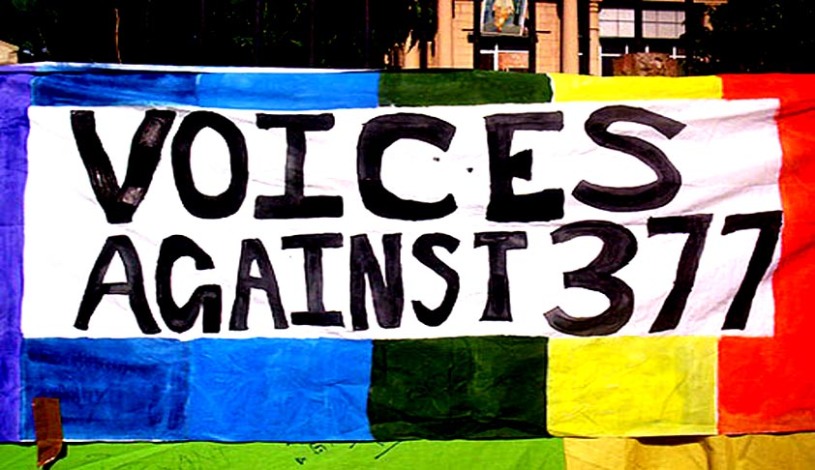 Asia: Two mothers, one in India and the other in Singapore have chosen to speak out against the same British colonial era anti gay law prevalent in the two countries and champion the rights of their gay sons.
Asia: Two mothers, one in India and the other in Singapore have chosen to speak out against the same British colonial era anti gay law prevalent in the two countries and champion the rights of their gay sons.
The mother from India is Leila Seth, 83, whose eldest son Vikram, “is now a criminal, an unapprehended felon (because) like many millions of other Indians, he is gay,” she wrote in a scathing attack on the Indian judiciary because two judges of the Supreme Court in December overturned a judgment of the Delhi High Court that, four years ago, decriminalized homosexuality.
Now, once again, if Vikram falls in love with another man, he will be committing a crime punishable by imprisonment for life if he expresses his love physically, says Seth, herself a judge for more than fourteen years—first in the Delhi High Court, then as Chief Justice of the Himachal Pradesh High Court.
“What has pained me and is more harmful is the spirit of the judgment… untempered by any sympathy,” she said.
The judgment claimed that as only a minuscule fraction of India’s population was gay it could not be considered a sound basis for abrogating Section 377, she said. If only 5 percent of India’s more than a billion people are gay, it would be a population as large as that of France or England, she wrote in nybooks.com.
The reasoning in the judgment that justice can only be granted if a large number of people are affected is constitutionally immoral and inhumane, she maintained.
In Singapore, the mother, Khoo Hoon Eng, 63, presents another side to the gay story. A professor in biochemistry, she is currently the Director for Special Projects at Yale-NUS College. She has two gay sons.
Eng is also the president and founder of SAFE – a support group for parents with LGBT children “to continue to love and accept our children and other gay or lesbian family members.”
 She recounted how she wants to see her children happy but how difficult it is because of Singapore’s anti gay law.
She recounted how she wants to see her children happy but how difficult it is because of Singapore’s anti gay law.
“I want them to be happy. I want them to do the things they are good at and be able to contribute to society but most importantly, be happy,” she told theindependent.sg.
“The hardest part was trying to figure out how to be more supportive as a mother in light of society’s prejudices against gay people.
“There I was once, walking down Orchard Road, a policeman told my younger son to stop holding another male friend’s hands, she said.
“My oldest son, when he was in the university in the US, he was part of the LGBT student society; they would go out to high schools to give talks about LGBT youth. I was visiting him and I heard him speak to the teenagers in the schools and it was amazing to see him reach out to other people.
“My younger son, he became an active volunteer with the AIDS Victim Memorial in Singapore. To see that my sons are capable of doing things like these, made me proud,” she said.
“Rejecting your child because he is gay never occurred to me. If your child goes out and robs someone or kills someone, then you reject your child; that I can understand,” she said.
Singapore has retained a British colonial-era law that criminalizes sex between men. Under Section 377A, any male person who, in public or private, commits, abets, procures or attempts to procure any act of gross indecency with another male person, shall be punished with imprisonment for a term which may extend to two years.
In India, the Supreme Court has declared gay sex illegal and restored Indian Penal Code’s Section 377, a 1860 British colonial-era law that defines homosexuality as “unnatural” and makes gay sex a criminal offense punishable by up to life imprisonment.
Both India and Singapore were British colonies in Asia.
Source: theindependent.sg; nybooks.com
